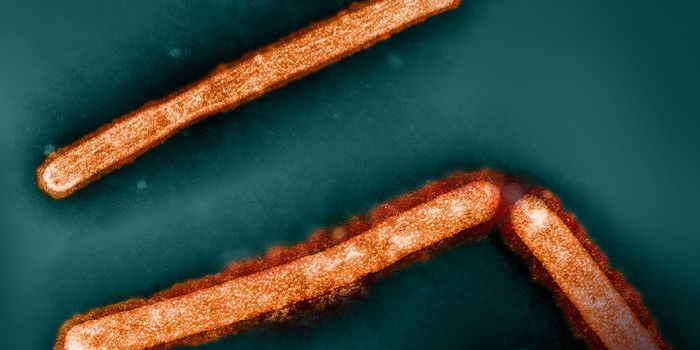A Wireless Device IDs Alzheimer's & Parkinson's Biomarkers
The number of aging Americans is growing, and with that, more cases of neurodegenerative disease will occur. But diagnosing these disorders, like Alzheimer's and Parkinson's disease, requires a clinical evaluation along with tests like MRIs. Early detection is difficult, and patients who are already showing symptoms can be significantly burdened by the diagnostic process. To address these issues, scientists have now created a non-invasive device that can detect biomarkers of Alzheimer's and Parkinson's diseases, and then wirelessly transmit the results to a laptop or smartphone. This method was able to accurately identify biomarkers of the diseases in saliva and urine samples, and it may be modifiable to detect other biomarkers for different disorders. The work has been reported in the Proceedings of the National Academy of Sciences.
This handheld device uses a sensor that relies on electricity instead of chemistry, which the scientists claim is easier to utilize and more accurate for diagnosis. It could be used to test for these and other conditions at home or in spaces like nursing homes, suggested co-corresponding study author Ratnesh Lal, a professor at the UC San Diego Jacobs School of Engineering.
Certain biomarkers are often found in neurodegenerative conditions, including Alzheimer's, which is characterized by amyloid beta and tau peptides, and Parkinson's, which is associated with the alpha synuclein protein. The researchers aimed to test for these substances in saliva and urine samples.
This device is composed of a chip with a field effect transistor (FET), made of a graphene layer in this case (GFET) and three electrodes. The link to the positive and negative poles of a battery so electrical current will flow and flow is controlled with a gate electrode.
A strand of DNA is linked to the gate electrode to act as a probe that can attach to either amyloid beta, tau, or synuclein proteins. Once bound to their specified DNA probe, an aptamer is formed, which alters current flow in the electrodes. This change is the signal that a biomarker has been identified.
When tested with samples from deceased Alzheimer's and Parkinson's patients, the device was as good as current diagnostic methods. It also only requires very small samples, and works even when the samples contain other proteins.
A startup called Ampera has been licensed to develop the technology, and they are aiming for FDA approval if tests continue to proceed well.
Sources: University of California San Diego, Proceedings of the National Academy of Sciences (PNAS)









